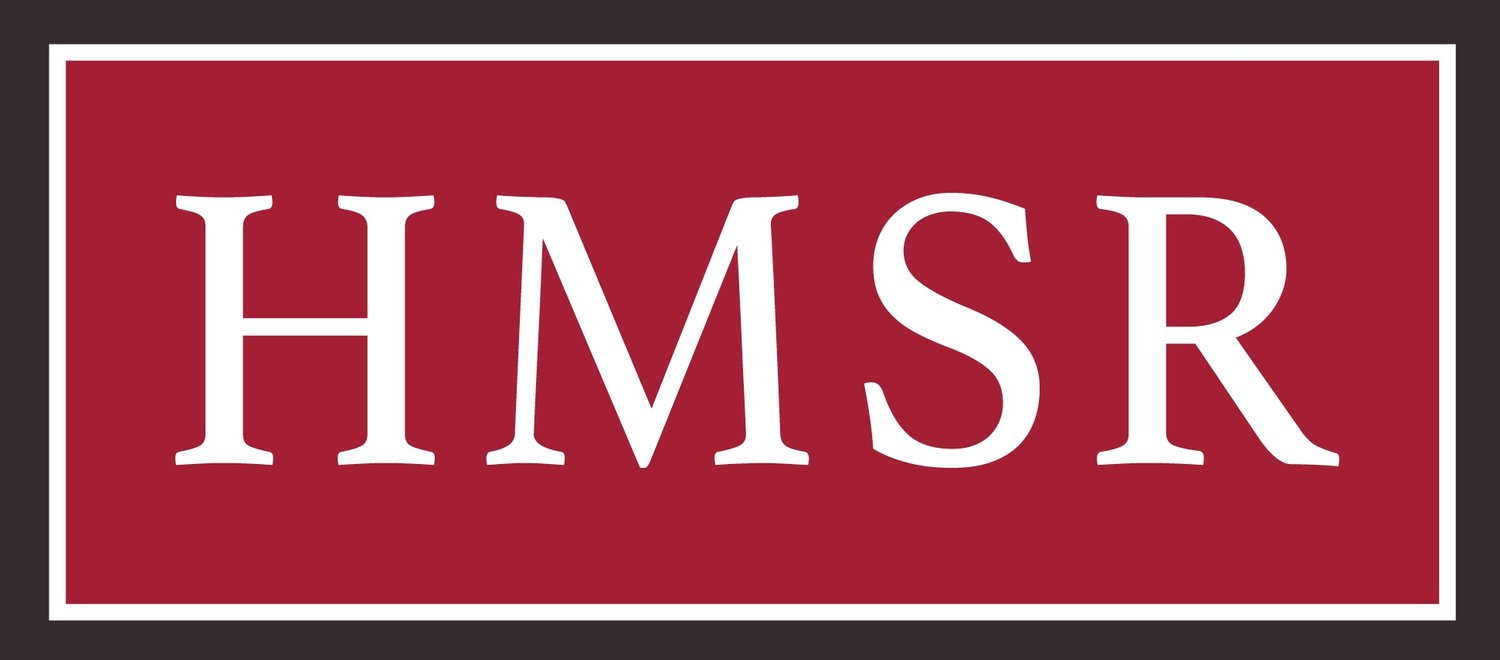Abdurrahman Abdurrob, MSc
Tufts University School of Medicine
In the space of a few weeks, the impact of COVID-19 has been felt all around the world. Social distancing, face masks, and non-stop handwashing are now the new normal. Thousands of people have tragically lost their lives, many unable to say goodbye to their loved ones. While countless more are struggling to make ends meet as the damage is compounded by underlying systemic problems. Furthermore, as an immigrant to America, I particularly felt how COVID-19 has ravaged our communities here and across the world. Bangladesh, my place of birth, has been hit hard, as millions are forced to choose between safety or food, in what is typically a joyous time – the month of Ramadan.
For those who don’t know, Ramadan is the 9th month of the Islamic Calendar in which Muslims, who are able, abstain from food and drink between sunrise to sunset for the whole month. There are many reasons why Muslims fast this month. Ramadan is not only one of the five major pillars of the religion, but it is also an important opportunity for Muslims to reflect on the struggles of those less fortunate, many of whom have been hit the hardest by this pandemic.
Another major part of Ramadan is community. Our local mosque in Boston usually hosts lectures, prayer services, and dinners with hundreds of people in attendance every night. It is a deeply spiritual time for reflection and prayer. It is also a time of joy for kids who are able to see friends, and an opportunity for families to mingle over dinner. Most importantly, at the end of the month, it is a chance for the community to celebrate the end of Ramadan with Eid, the biggest holiday of the Islamic Calendar. However, mosques all around America, including my own, have shut their doors this Ramadan following guidelines around social distancing. Understandably, communities have had to drastically rethink how services are run as we deal with COVID-19. Instead of community gatherings to break our fast and nightly prayer services, we tune in for a nightly lecture on Zoom and break our fasts from home – the prospect of having a normal Eid is almost nonexistent. While these measures are not the same, we are all having to adapt to this new reality.
As a first-year medical student in Boston, I remember coming into medical school worrying about Ramadan. The prospect of fasting 16-hour days while balancing the workload of medical school seemed daunting. Fasting at this time of year means studying at night, eating breakfast at 3:00am, sleeping through the early morning, then trying to focus on an empty stomach before breaking my fast at 8:00pm. All this without coffee!
However, when our medical education moved online for the Spring semester, we similarly had to adapt. Many of us left campus within the week, packing up, and flying out of Boston to finish the rest of the semester in different cities around the country. While overall the experience has been smooth, and my medical school supportive, there have certainly been growing pains to learning online and a lot more independent studying. And of course, without the physical support of peers, these long hours of studying and fasting have been incredibly isolating.
Nonetheless, many of my professors, friends, and colleagues are on the frontlines, conducting vital research or working in essential roles in various fields. My classmates are mobilizing support and communities are rallying to help each other in these difficult times. Many others are self-isolating at home hoping to help stop the spread of the virus. Everywhere people from all walks of life are making sacrifices during these difficult times. As first-year medical students, we have been told by our school that our main focus should be our coursework. We just finished our Respiratory Block, so having studied Acute Respiratory Distress Syndrome in depth, I am grateful more than ever to have the privilege of studying medicine.
Somewhat fittingly, this “socially distanced” Ramadan has given me this opportunity for reflection. I reflect on all the ways COVID-19 has forced us to adapt to these difficult times: virtual Ramadan, school, graduations, work, and all the social distancing measures that are in place. While we may not be physically together right now, we can all play our part especially as COVID-19 has forced magnified the health disparities in our system. Just as community is important in Ramadan, I believe it is only through community we can address these challenges and adapt to these new changes. While the future does seem uncertain at times, I hope through these experiences my classmates and I will be able to help bridge these gaps in the not too distant future.
